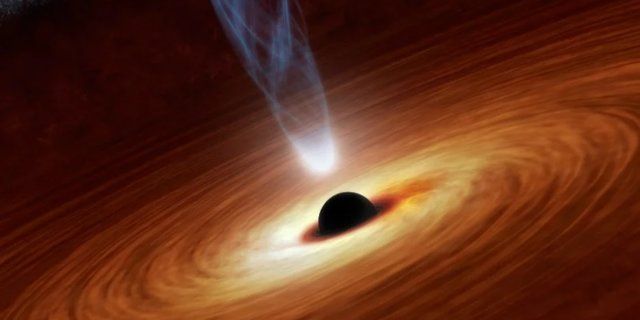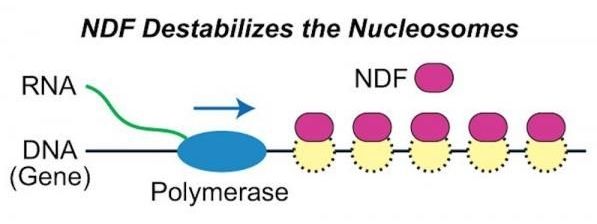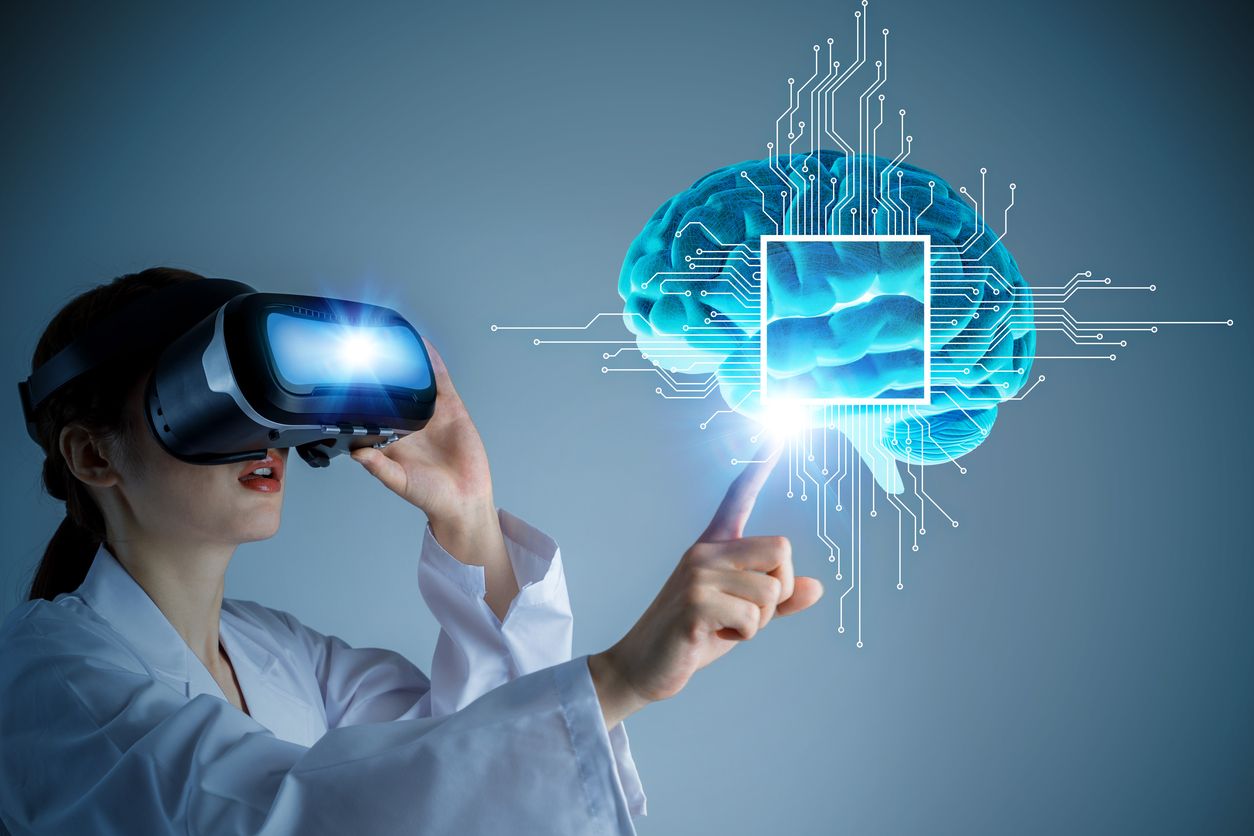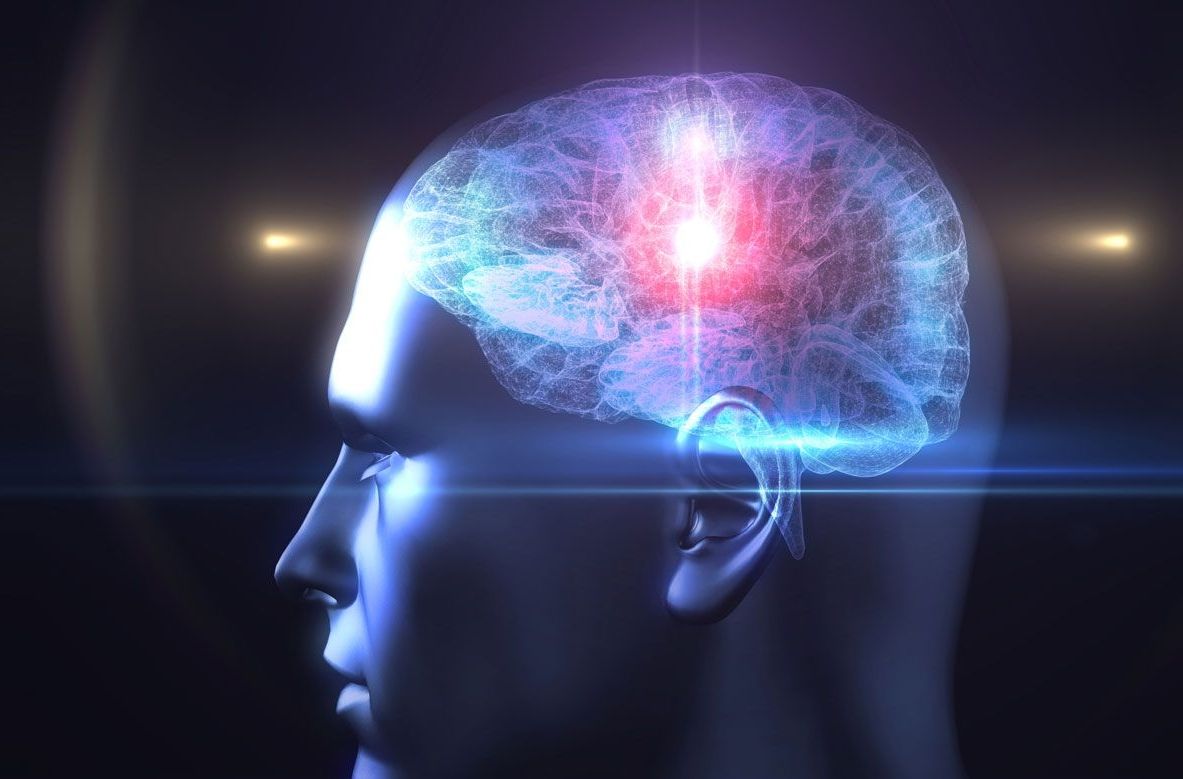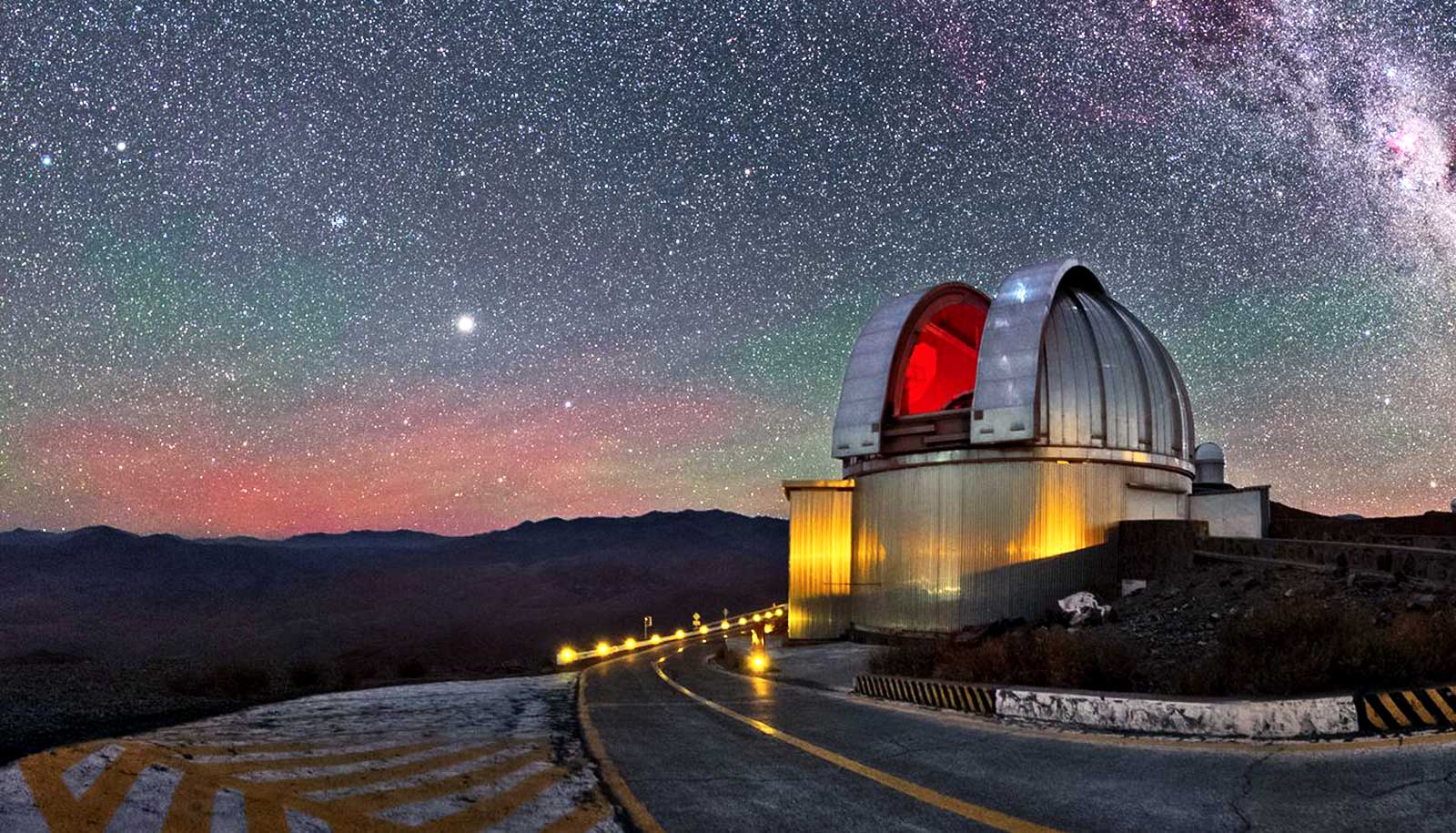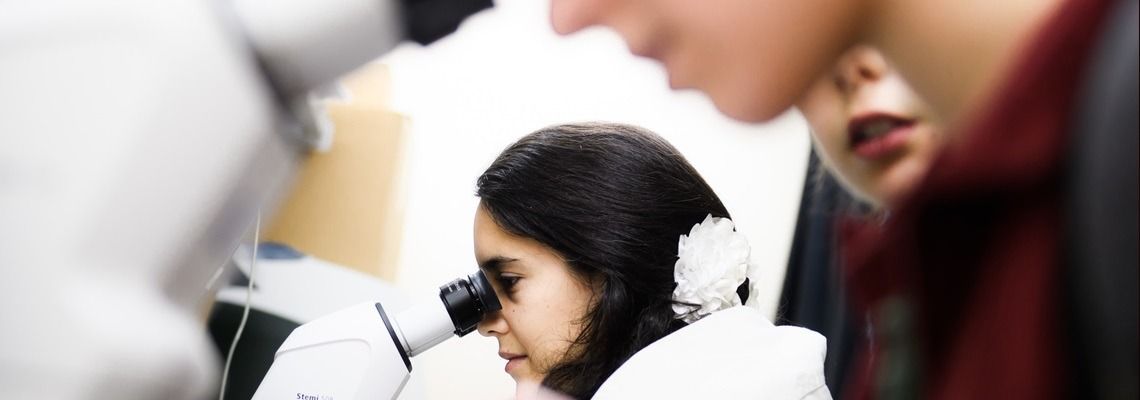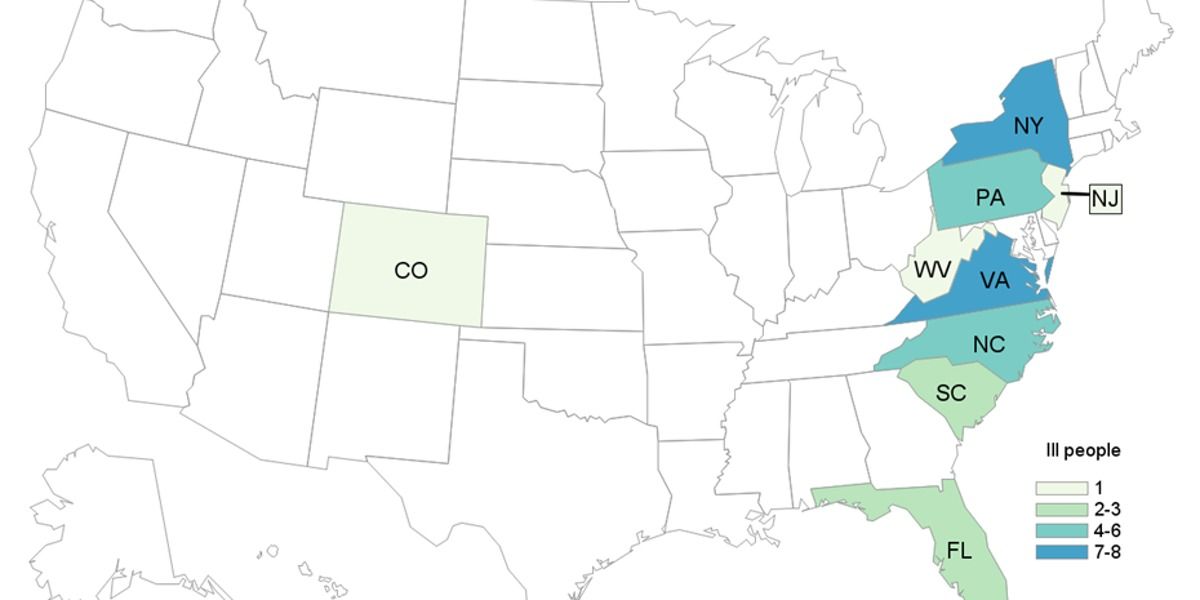Page 9774
May 15, 2018
The fastest-growing black hole in the universe eats a sun every 48 hours — and astronomers have found it
Posted by Michael Lance in category: cosmology
It’s growing so rapidly that it’s shining thousands of times more brightly than an entire galaxy.
A “supermassive” black hole swallowing up the mass of our sun every two days has been found by Australian astronomers.
Astronomers at the Australian National University (ANU), led by Dr Christian Wolf of the Research School of Astronomy and Astrophysics, found the fastest-growing black hole known in the universe by looking back more than 12 billion years to what they call “the early dark ages of the universe.”
May 15, 2018
Key part of human gene activation revealed by new study
Posted by Genevieve Klien in categories: biotech/medical, genetics
May 15 (UPI) — Until now, scientists weren’t sure how gene activation mechanisms avoided nucleosomes, the bodyguards tasked with keeping DNA turned off.
Researchers at the University of California, San Diego, however, have pinpointed a key factor responsible for unraveling nucleosome structures and allowing genes to be activated.
Geneticists described the newly identified nucleosome destabilizing factor, or NDF, this week in the journal Genes and Development.
Continue reading “Key part of human gene activation revealed by new study” »
May 15, 2018
Brain Computer Interface Virtual Reality with EEG signals
Posted by Marcos Than Esponda in categories: computing, health, neuroscience, virtual reality
By combining virtual reality with a brain-based computer interface, researchers hope to create more immersive, lifelike experiences for gaming and health care applications.
May 15, 2018
Radio Waves and Real-Time Monitoring Help Destroy Brain Tumors
Posted by Jeffrey L. Lee in categories: biotech/medical, neuroscience
The University of Southern California is developing the means to control and direct radio frequency energy to destroy cancer tumors…
A new technique from the University of Southern California uses radio-frequency waves to burn away tumors as doctor’s monitor the procedure in real-time.
May 15, 2018
The USD is Tulip Mania—BTC is not
Posted by Philip Raymond in categories: bitcoin, cryptocurrencies, economics, rants
Please don’t pay any attention to this posting. It is not for you… *
This graph presents indisputable fact: It compares US dollar growth as reported by the US government and Bitcoin growth (for all time), extrapolated by pure math.
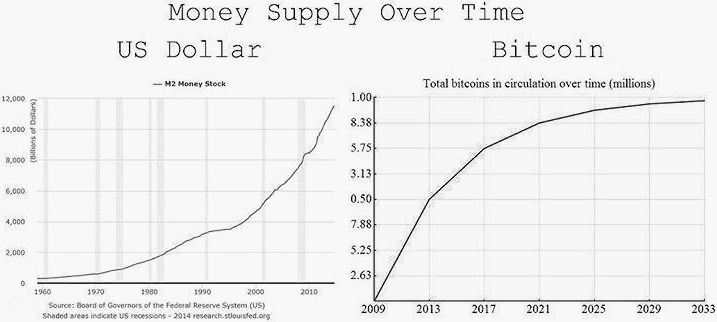 I wish that this would put to bed the fake news, conspiracy theories, and “nothing backs it” nonsense. Unfortunately, seismic shifts in architecture or process take time for society to understand and accept. Early adopters will be the fortunate buckos. Timid or clueless denizens will complain bitterly about the unfair advantage of those who wise up before it hits a 6 figure exchange rate. Eventually, comparisons with legacy currencies will be utterly meaningless. It will become the currency. It will be the gold-pressed latinum of universal recognition and intrinsic value.
I wish that this would put to bed the fake news, conspiracy theories, and “nothing backs it” nonsense. Unfortunately, seismic shifts in architecture or process take time for society to understand and accept. Early adopters will be the fortunate buckos. Timid or clueless denizens will complain bitterly about the unfair advantage of those who wise up before it hits a 6 figure exchange rate. Eventually, comparisons with legacy currencies will be utterly meaningless. It will become the currency. It will be the gold-pressed latinum of universal recognition and intrinsic value.
15 years from now, some will look back on our era and claim that the Winkelvoss twins were lucky. Risk, patience and an understanding of economics is not ‘luck’. They have the gift of prescience.
May 15, 2018
Gigantic telescope to hunt for universe’s birth
Posted by Genevieve Klien in category: space
When it’s complete, the Giant Magellan Telescope will be as tall as the Statue of Liberty. On this podcast episode, an astronomy expert explains what the enormous telescope can teach us about the universe.
May 15, 2018
How Microsoft is using location data to map the future (VB Live)
Posted by Genevieve Klien in categories: robotics/AI, transportation
The power of the cloud, artificial intelligence, and machine learning is making smart cities and data-based Location of Things navigation a reality. Join the Principal Product Manager for Microsoft Azure Maps and others and learn how advanced location technology will revolutionize everything from autonomous cars to connected cities. Don’t miss this VB Live event!
Location data is the foundation of technology: It’s what binds a device and a user, a user and the environment they’re in. And as location data moves to the cloud and gets smarter, powered by artificial intelligence and machine learning, the number of potential applications for smart location data is exploding, says Chris Pendleton, Principal PM for Azure Maps. We’re on the threshold of creating a smarter society, built on the hundreds of millions of connected devices that together create The Location of Things.
Continue reading “How Microsoft is using location data to map the future (VB Live)” »
May 15, 2018
Israeli Scientists Uncover Therapy That Converts Cancer Cells Into Normal Ones
Posted by Genevieve Klien in categories: biotech/medical, neuroscience
Cancer cells, by definition, are abnormal cells that divide with abandon and have the potential to spread throughout and wreak havoc on your vital organs and tissues. But what if you could tell those same troublesome cells to stop misbehaving? Israeli scientists think they’ve found a way to do just that.
A group of researchers at Ben-Gurion University of the Negev, led by Professor Varda Shoshan-Barmatz, PhD, have developed a molecule that prevents cancer cells from growing and turns them into normal, non-cancerous cells. This unique approach is based on siRNA (small interfering ribonucleic acid), a molecule that turns off a protein, VDAC1, that helps get energy to malignant cells. By targeting VDAC1, Shoshan-Barmatz and her team have essentially figured out how to make cancer cells start acting like regular ones.
So far, in vitro and mice models have suggested that this treatment might be effective for lung cancer, triple negative breast cancer, and glioblastoma (the type of brain tumor that John McCain is currently battling). But the applications might be even broader, and similar treatments might be one day used to combat an even wider variety of cancers.
Continue reading “Israeli Scientists Uncover Therapy That Converts Cancer Cells Into Normal Ones” »
May 15, 2018
CDC Map Shows Every State Affected by the Salmonella Egg Outbreak
Posted by Genevieve Klien in categories: biotech/medical, food, health, sustainability
If someone tells you to go suck an egg, you might want to think twice about it if you live on the east coast. The United States Centers for Disease Control and Prevention announced last month that a Salmonella outbreak affecting hundreds of millions of eggs had been traced back to a farm in Hyde County, North Carolina. Public health officials have traced consumers’ illnesses in nine different states to the outbreak. Last week, the CDC released a map showing the outbreak’s spread.
Rose Acre Farms, the company responsible for the outbreak, distributes eggs all over the US, to both grocery stores and restaurants. As a result of contamination on the North Carolina farm, over 206 million eggs were exposed to Salmonella braenderup, a bacteria that causes severe diarrhea. The outbreak began in mid-April and appears to be slowing down, but in a multi-state outbreak like this, officials at the CDC may not hear about people getting sick right away. Therefore, the data on the case continues to evolve as reports roll in. The most recent numbers count 35 illnesses, 11 hospitalizations, and no deaths. Here’s a map of the outbreak’s current extent:
Article continues below.

